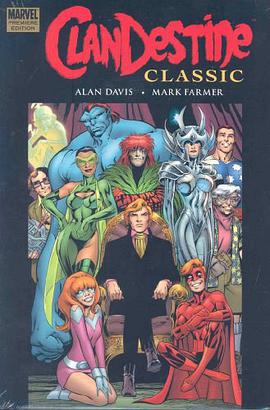

具體描述
One of the principal moral and psychological problems of our time is whether humane ideals can be defended. Loss of faith in the objectivity of ethics has encouraged a sense of hopelessness. The notion that no ideal is better than any other, that a humane commitment has no rational advantage over Nietzsche's contempt for ordinary people, has been accused of leaving our civilization without self-confidence or a purpose. James R. Flynn rejects attempts to salvage ethical objectivity as futile and counterproductive. Instead, he uses philosophical analysis to demonstrate the relevance of logic and evidence to moral debate. He then uses modern social science to refute racists, Social Darwinists, Nietzsche, and the meritocracy thesis of The Bell Curve. Flynn concludes that the great post-Enlightenment project-justice for all races and classes, the reduction of inequality, and the abolition of privilege-retains its moral dignity and relevance. A professor emeritus at the University of Otago, New Zealand, James R. Flynn is the author of Asian Americans: Achievement beyond IQ and Race, IQ, and Jensen.He has been profiled in Scientific American, and his research has been reviewed in Nature and Newsweek.
著者簡介
圖書目錄
讀後感
評分
評分
評分
評分
用戶評價
相關圖書
本站所有內容均為互聯網搜索引擎提供的公開搜索信息,本站不存儲任何數據與內容,任何內容與數據均與本站無關,如有需要請聯繫相關搜索引擎包括但不限於百度,google,bing,sogou 等
© 2025 book.quotespace.org All Rights Reserved. 小美書屋 版权所有




















